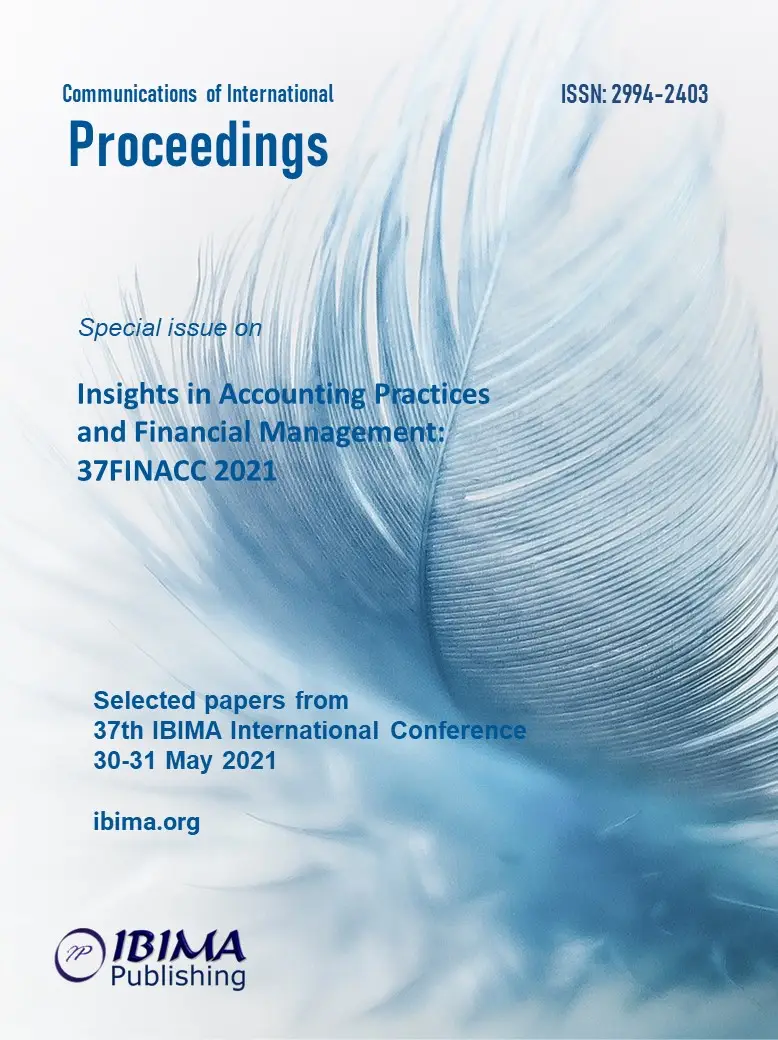
1Siti Nurah Bt HARON, 1Rusni HASSAN, 2Syed Ahmed SALMAN and 3Adnan YUSOFF
1International Islamic University Malaysia, Malaysia
2Lincoln University College, Malaysia
3Universiti Tenaga Nasional Malaysia, Malaysia

Risk is inherent in all kinds of financial intermediation. A financial organization’s sustainability and success depend much on how efficiently the organization can manage its risks. Risk management plays a pivotal role in ensuring better returns to shareholders and providing a stable overall financial system. It is a known fact that the higher the level of uncertainty, the higher the risk. It is assumed that there would be no risks in a market where information exists in perfect symmetry. However, information asymmetry is unavoidable and an essential part of the market. Since asymmetry in information brings about uncertainty, it is what causes risks to increase. Islamic financing, in its real sense, encourages equity financing over debt financing. However, reliance on equity financing makes Islamic banking riskier for several reasons. Firstly, in a Mudharabah/Musharakah contract, there are no guidelines or conditions to manage the relationship between the financial institution and the entrepreneur. Secondly, scarcity of hedging instruments, government securities, which are Shari’ah-compliant, and underdeveloped inter-bank money markets make Islamic banking even more vulnerable to adverse events. Finally, the lack of a developed short-term money market for Islamic finance further complicates liquidity management. Although the rate of liquidity risk faced by banks is currently low, several factors can cause liquidity to rise in the future. For instance, Islamic banks relying heavily on current accounts for liquidity, restriction on the sale of debts, inadequate market for short-term Islamic instruments, and unavailability of lender of last-resort facilities are all factors that can increase liquidity problems in the future. Thus, this paper, through a rigorous review of all relevant literature, aims to highlight the importance of liquidity risk and the management of liquidity risk in Islamic banks.